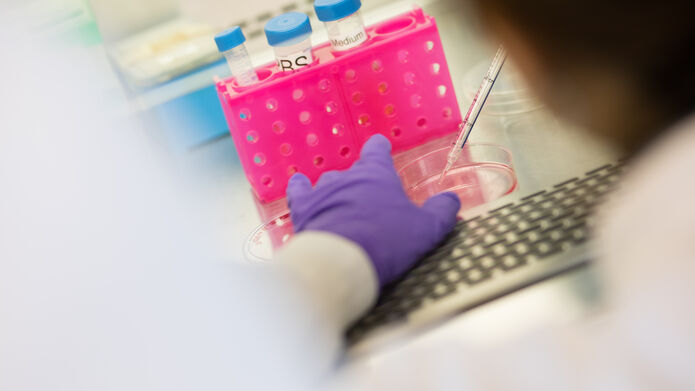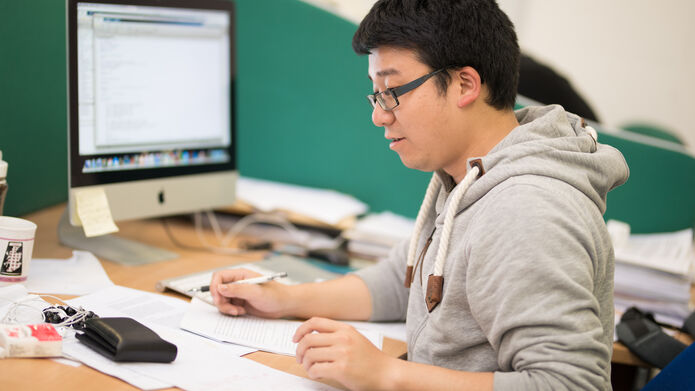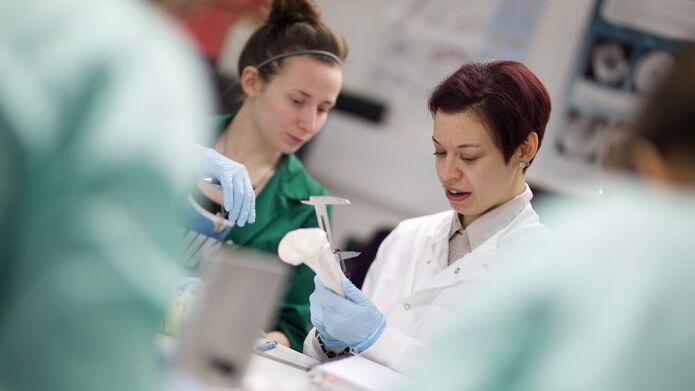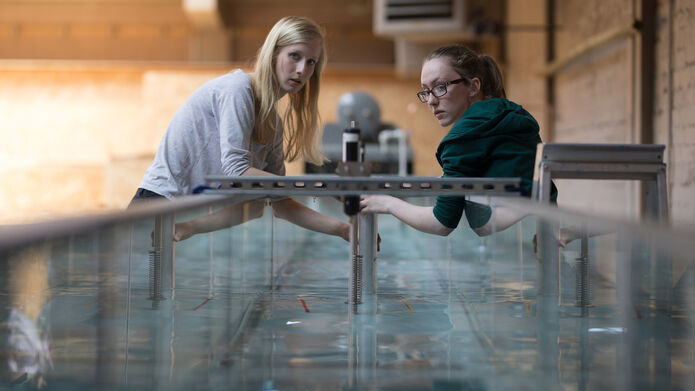Research in the School of Science and Engineering
We explore fundamental and applied research to build on our knowledge, creativity and expertise in addressing global challenges.
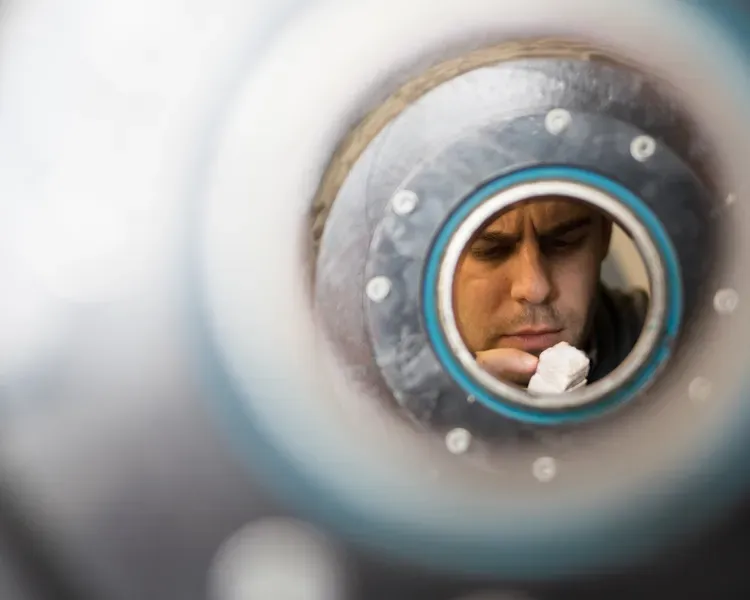
Our research strategy for the next five years is to harness the transdisciplinary power of the School across Anatomical Science, Computing, Forensic Science, Engineering (Biomedical, Civil, and Mechanical and Industrial), Mathematics, and Physics to focus on the following key strategic themes, engaging with internal or external partners in joint challenge-led ventures:
- Empowering Society through Science and Technology – ensuring the protection and development of a fair, just and equitable society.
- Enhancing Human Health and Wellbeing – addressing challenges in healthcare, quality of life and accessibility.
- Ensuring Environmental Sustainability – enabling future generations to operate in an environmentally sustainable way regarding energy consumption and impact on natural resources.
Our research is organised in six clusters of excellence that bring to bear the mix of talent, expertise and skills required to address these societal challenges.
